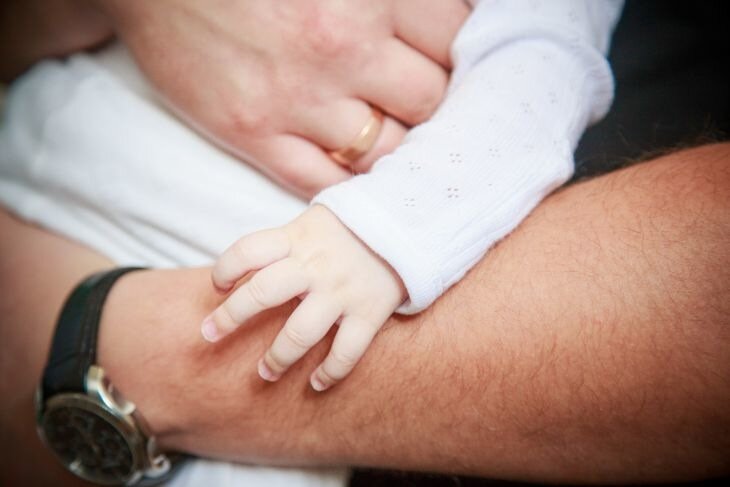Should You Buy Baby Harnesses for Your Child: Something to Consider
The process of a child learning to walk is completely natural, and it is unlikely that he needs parental help in this.
Adults have only one task - to ensure the safety of the baby.
For this purpose, mothers and fathers often acquire assistants for themselves in the form of special gadgets - walkers, pushcars and children's reins. And if with the first two everything is more or less clear, then the last device from the list is something new.
What are baby reins for?
This, so to speak, device is intended for active and inquisitive children who, while out for a walk, are constantly trying to run away from their parents.
In addition, it serves to prevent little explorers from falling.

Why reins are harmful for a child
The idea seems harmless, but many experts argue that using reins slows down a child's development. If you constantly keep a child "on a leash," he will not have to worry about a sense of attachment and learn to control himself.
As a result, it is more difficult for him to take responsibility for his decisions.
Thus, the child does not receive the necessary knowledge and misses the opportunity to understand, for example, when he should have listened to his mother and not gone into that deep puddle.
So, should I buy it or not?
A device such as reins is most likely needed not by the child, but by his parents who would like to take a little break from their child’s activity.
Therefore, the answer to the question of whether to buy baby reins or not can only be given by mothers and fathers themselves – after they have weighed their advantages and assessed the possible risks.
